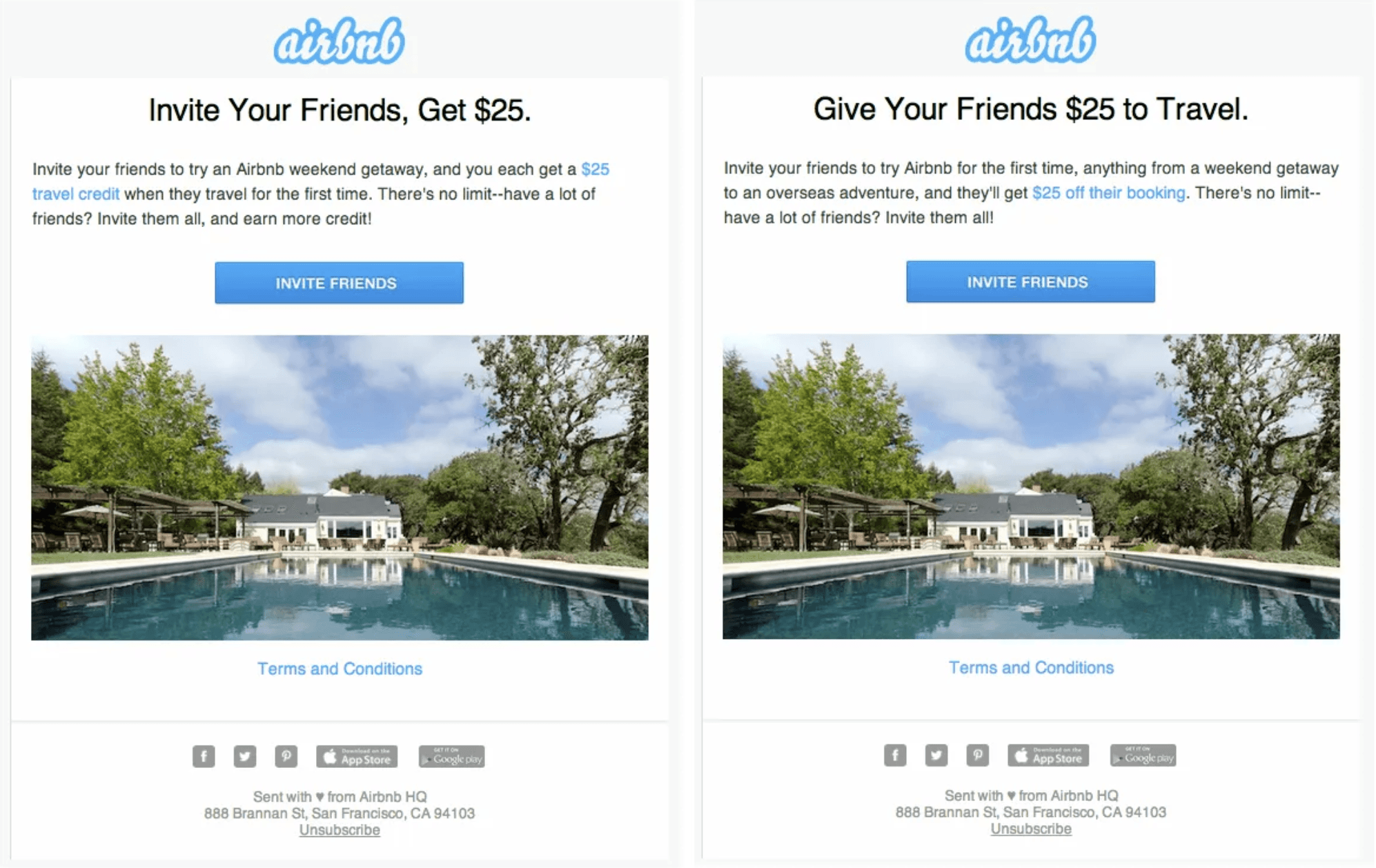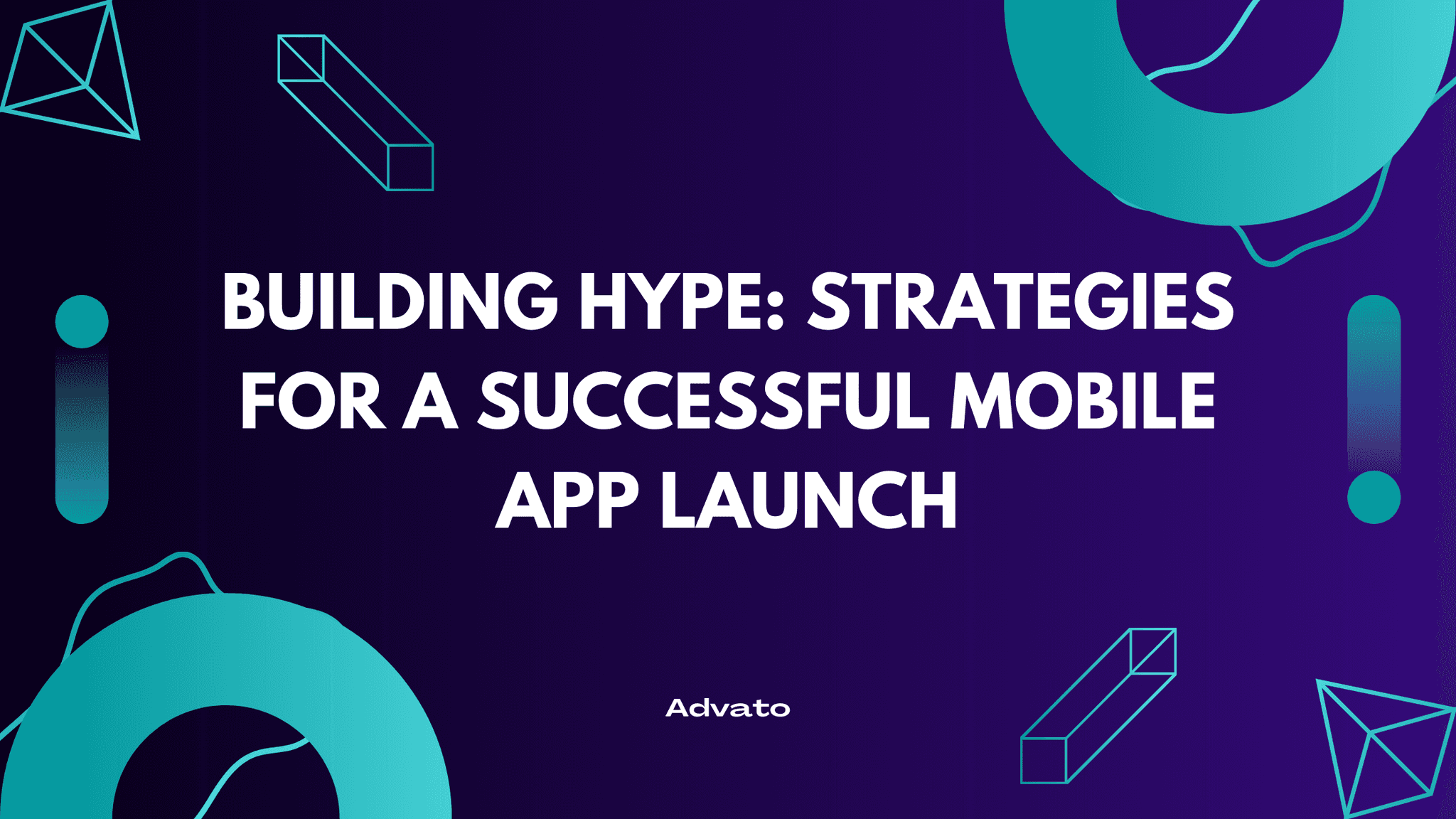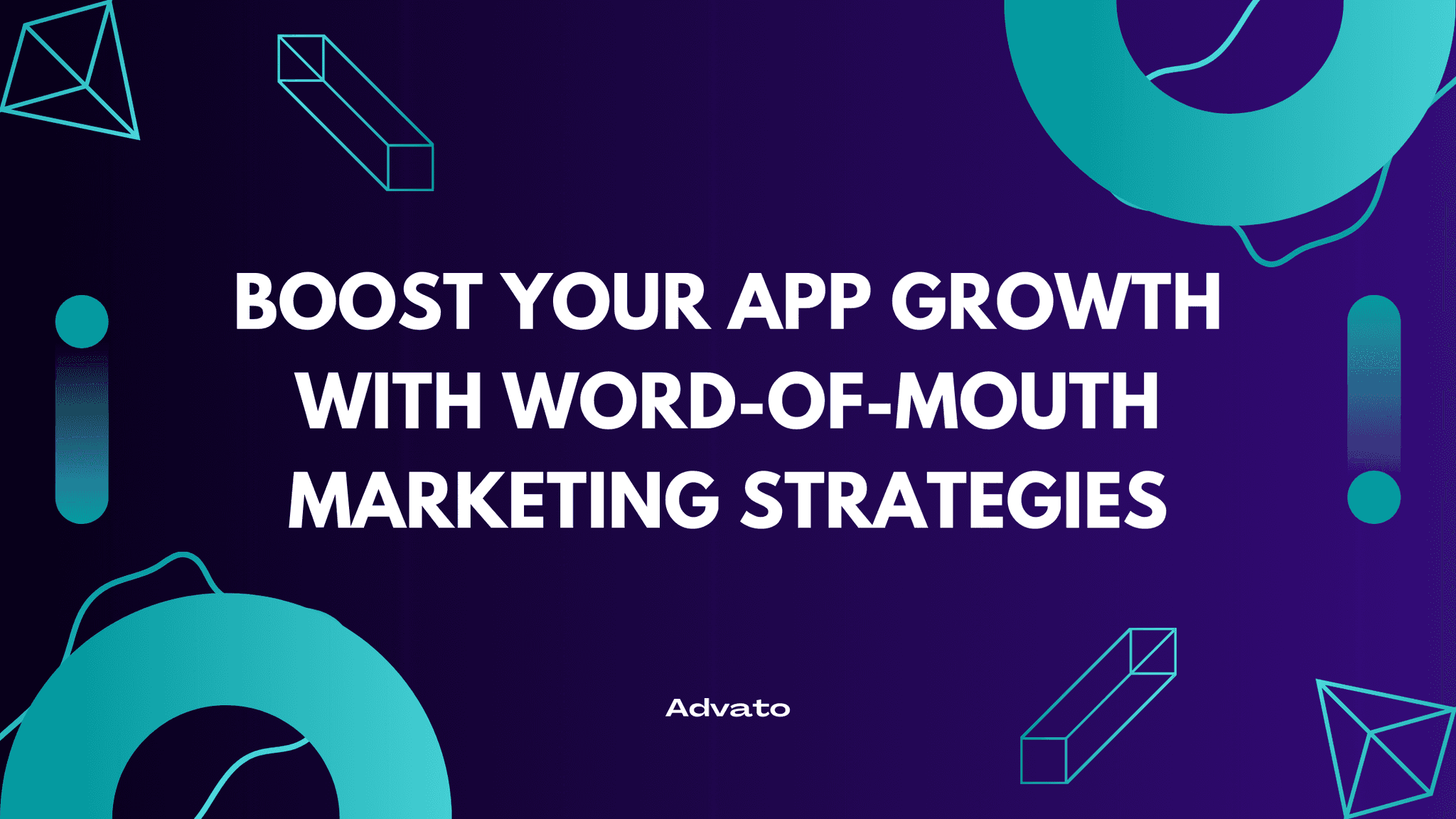Sep 13, 2024
In the world of startups, Airbnb's journey from a small San Francisco apartment to a global hospitality giant is the stuff of legend. While many are familiar with the tale of Brian Chesky and Joe Gebbia renting out air mattresses to make rent, fewer know about the critical role their referral program played in catapulting Airbnb to its multi-billion dollar valuation. This post explores how Airbnb built one of the most successful referral programs in recent history, offering valuable lessons for businesses of all sizes.
The Birth of a Referral Program
Airbnb's first foray into referral marketing, dubbed "Referrals 1.0," launched in 2011. While it wasn't initially a roaring success, it laid the groundwork for what was to come. The program offered a simple premise: users could earn travel credit by inviting friends to the platform. Despite generating millions in revenue, the program suffered from low visibility and was limited to Airbnb's website.
Gustaf Alstromer, Airbnb's growth product manager at the time, recognized the untapped potential. He envisioned referrals as a way to introduce new users to Airbnb and expand their customer base, especially in markets where the brand wasn't well-known.
Learning from the Past, Building for the Future
Airbnb's growth team didn't rest on their laurels. They studied successful referral programs from other companies and discovered that referral channels could potentially drive 25% to 55% of new user growth. Armed with this knowledge, they set out to revamp their program.
In 2014, Airbnb launched "Referrals 2.0." This new iteration addressed the shortcomings of its predecessor and incorporated key improvements:
Multi-platform Presence: The program was now available on Airbnb's website, iOS app, and Android app, recognizing the growing importance of mobile.
Improved User Experience: They made it easier for users to send invites by integrating with Gmail and Android APIs to suggest contacts.
Data-Driven Approach: The team identified six key metrics to track, including monthly active users sending invites, invites per inviter, and conversion rates to new users, guests, and hosts.
Personalization: Referral codes and URLs were personalized, giving users a sense of ownership over their invitation pages.
Strategic Promotion: Unlike the first version, Referrals 2.0 was prominently featured across Airbnb's platforms.
The Power of Reciprocity
Perhaps the most significant improvement in Referrals 2.0 was the application of the reciprocity principle. This psychological concept suggests that people are more likely to respond positively when they receive something of value first.
Airbnb's growth team ran A/B tests on their referral messaging. They compared a self-interested approach ("Earn $25 in travel credit") with an altruistic one ("Give your friends $25 in travel credit"). The results were clear: the altruistic message performed significantly better, especially in international markets.

This shift in messaging transformed referrals from mere promotional tools to perceived gifts. Referral emails featured the sender's photo prominently, adding a personal touch and leveraging social proof. The result? A staggering 300% increase in bookings and signups compared to the original program.
Expanding to Host Referrals
Building on the success of their guest referral program, Airbnb later expanded their efforts to include host referrals. This move recognized the two-sided nature of their marketplace and opened up a new avenue for growth.
The host referral program quickly became the single biggest driver of attributable supply growth. Not only was it the most efficient paid-growth channel, but it also drove the highest quality supply. The program evolved through several phases:
Initial Launch: A simple $75 travel credit for driving new hosts.
Optimization: Improved discoverability, messaging, and dedicated resources.
Expansion: Created a dedicated landing page for host referrals and switched to a cash incentive ($100 for the referrer, $50 for the referred).
Measuring Success and Iterating
Airbnb's approach to their referral program was methodical and data-driven from the start. Before launching Referrals 2.0, they conducted a closed beta test with existing members. The near 1:1 growth ratio they observed gave them confidence in the program's potential success.
Once launched, the growth team used custom dashboards to track performance in real-time. This allowed them to conduct ongoing A/B tests, optimizing everything from email subject lines to landing pages. The ability to measure impact from day one enabled rapid iteration and improvement.
For the host referral program, Airbnb closely monitored several metrics:
Output metrics: New listings and bookings that came through referrals
Input metrics: Visits to the referral landing page, total invites sent, invites sent per user, conversion of invites to signups, and cost efficiency of the program
Key Takeaways for Building a Successful Referral Program
Airbnb's referral program success offers valuable lessons for businesses looking to implement their own:
Start with Clear Goals: Define what success looks like and identify key metrics to track before launching.
Make it Easy: Simplify the referral process as much as possible. Airbnb's integration with email services made inviting friends seamless.
Offer Mutual Benefits: Airbnb's double-sided reward system benefited both the referrer and the referred, increasing participation.
Leverage Psychology: Use principles like reciprocity to make your program more appealing. Frame referrals as gifts rather than promotions.
Personalize the Experience: Customized referral codes and prominent display of the referrer's photo added a personal touch.
Test and Iterate: Continuously A/B test different aspects of your program and be prepared to make changes based on data.
Promote Widely: Ensure your referral program is visible across all your platforms and touch points. Airbnb found success by pitching referrals at every opportunity.
Think Mobile-First: With half of Airbnb's emails being opened on mobile devices, optimizing for mobile was crucial.
Understand Your Audience: Referral programs work best when your users know many potential new users and when your product requires trust to use.
Monitor for Fraud: As your incentives become more attractive, be prepared to implement measures to prevent and detect fraudulent referrals.
Implementing Your Own Referral Program
While Airbnb's success is inspiring, implementing a referral program of this caliber can be challenging for many businesses. This is where tools like Advato come in handy. Advato is designed to help app developers and marketers grow their mobile apps through referrals, much like Airbnb did. It offers the easiest way to implement and grow referrals in mobile apps, helping acquire users at a lower cost while bringing in higher quality users.
By leveraging a solution like Advato, you can implement many of the strategies that made Airbnb's referral program so successful, without the need for extensive in-house development. This includes features like easy sharing, personalized referral codes, and robust analytics to track and optimize your referral program's performance.
Conclusion
Airbnb's referral program is a masterclass in growth hacking. By combining data-driven decision making, psychological insights, and a genuine understanding of their users' needs, they created a referral machine that played a crucial role in their meteoric rise.
For businesses looking to implement or improve their own referral programs, Airbnb's story offers invaluable insights. Remember, the key is not just to copy their tactics, but to understand the principles behind their success and apply them in a way that makes sense for your unique business and customer base.
When considering a referral program, assess whether it's right for your business. It works best when you have strong word-of-mouth growth, a large existing user base, the ability to offer meaningful incentives, and users who know many potential new users. If these conditions are met, a well-executed referral program can become one of your most effective growth levers.
Whether you're building your own system from scratch or using a tool like Advato to jumpstart your referral marketing, the lessons from Airbnb's success can guide you towards creating a powerful, growth-driving referral program. In the end, Airbnb's referral program success boils down to a simple truth: by making it easy and rewarding for satisfied customers to spread the word, you can turn your user base into your most powerful marketing asset.


